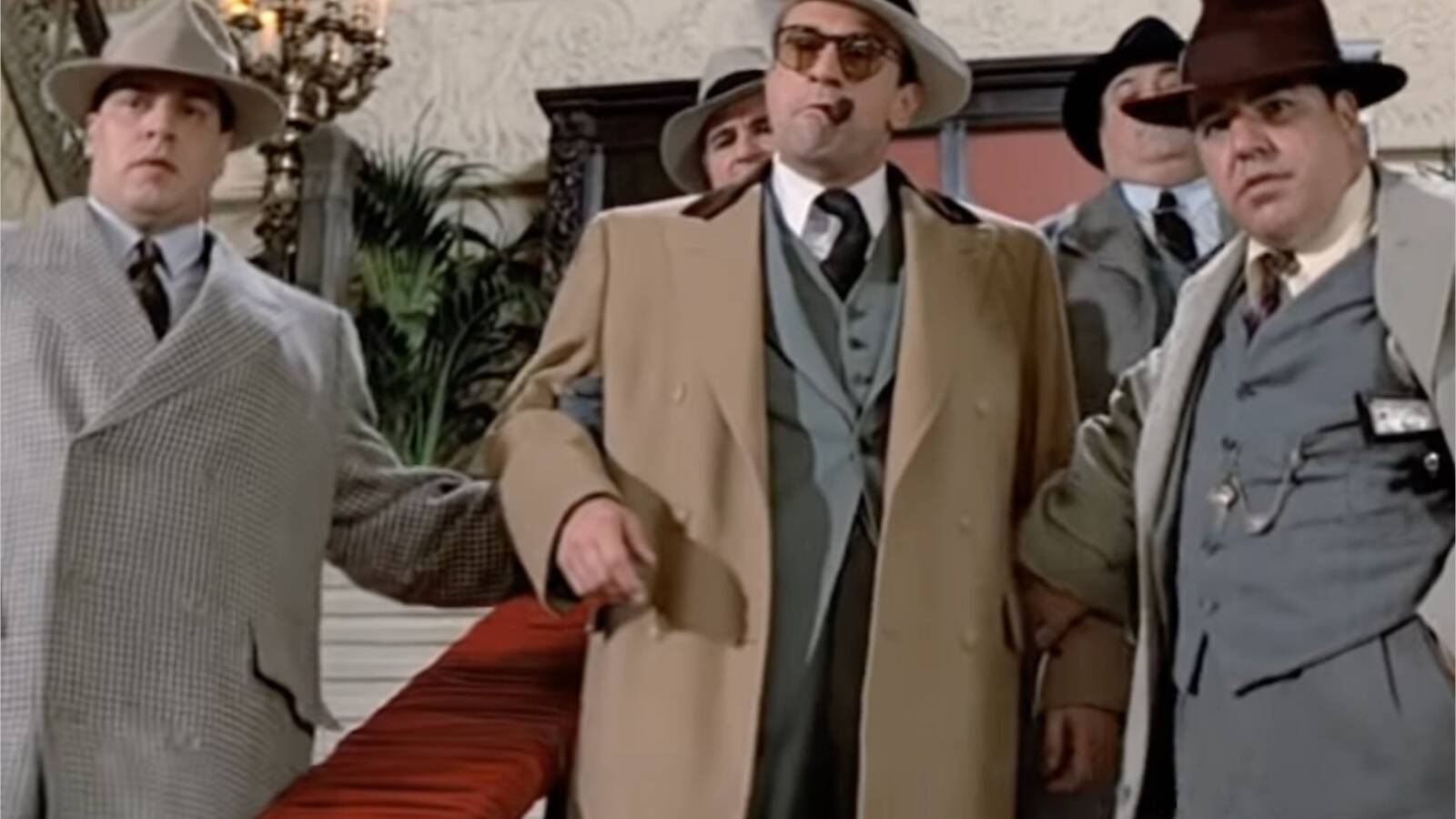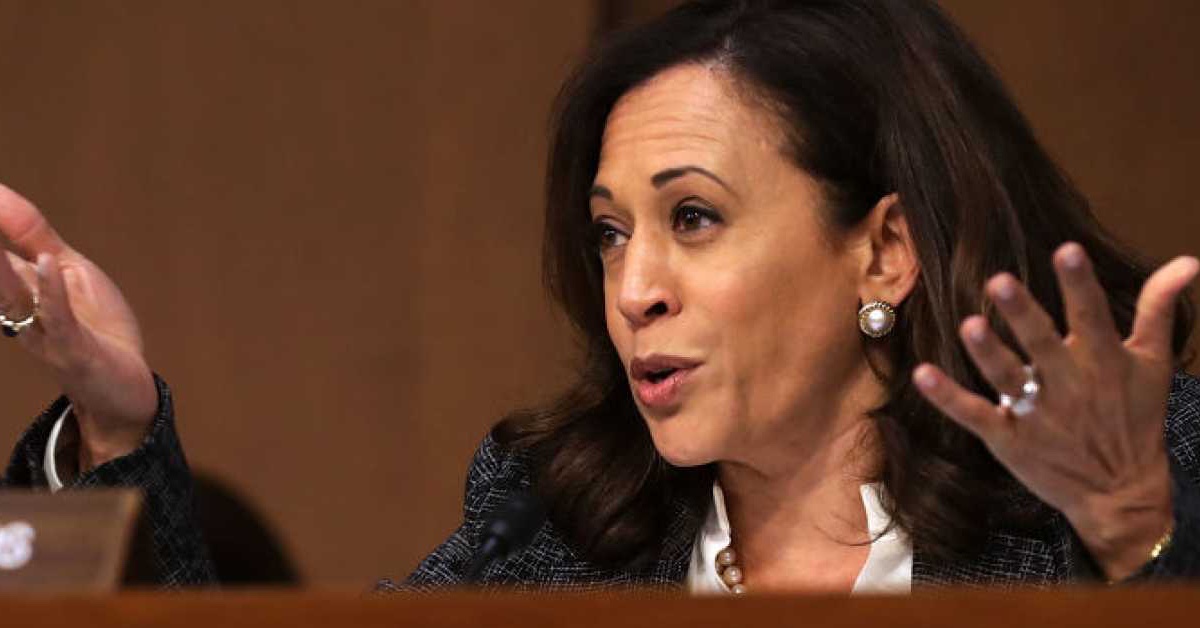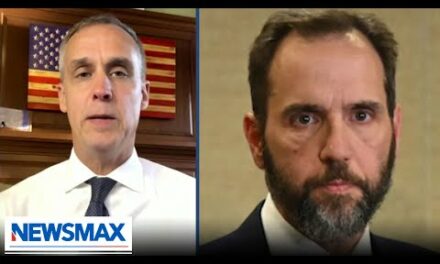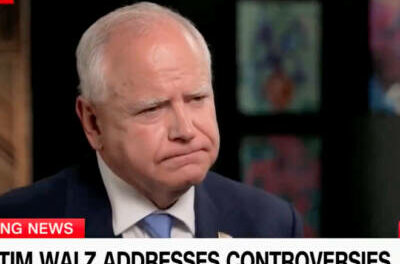We support our Publishers and Content Creators. You can view this story on their website by CLICKING HERE.
On July 27, 2016, Donald Trump stood on a podium in Florida. “Russia, if you’re listening, I hope you’re able to find the 30,000 emails that are missing,” he said. “I think you will probably be rewarded mightily by our press. Let’s see if that happens. That will be next.” The Russians did try, that same day. Coincidence? Nearly eight years to the day later, POLITICO began receiving anonymous emails sourced from senior officials in the Trump campaign. The emailer, calling himself “Robert,” told the outlet they had a “variety of documents, from [Trump’s] legal and court documents to internal campaign discussions.”
The first tranche of documents included a dossier compiled on Trump’s running mate J.D. Vance, a 271-page compilation including a section titled “POTENTIAL VULNERABILITIES.” POLITICO noted:
Asked how they obtained the documents, the person responded: “I suggest you don’t be curious about where I got them from. Any answer to this question, will compromise me and also legally restricts you from publishing them.”
A few weeks ago, reports surfaced of a potential Iranian plot to assassinate Trump. A campaign spokesman told the BBC that “foreign sources hostile to the United States” were responsible for the hack. Microsoft’s Threat Analysis Center (MTAC) referenced “the emergence of significant influence activity by Iranian actors,” including a “spear phishing” email targeted at Trump officials. “Spear phishing” represents a threat actor composing emails (many times in conjunction with other social engineering methods) that appear to be authentic, in order to induce the targets to divulge passwords or click on a malicious link, giving hackers access to protected data.
It appears that whatever the hackers did, they got into the Trump campaign email system, and they exfiltrated quite a bit of juicy data.
Russian-aligned hackers got into the Clinton campaign and DNC email servers in 2016, exposing lots of juicy details. I can only imagine Herself cackling bitterly when she read the news all those years later. The Schadenfreude is palpable.
Sadly, communications security in these days, especially for political campaigns, is difficult. It requires at least the level of diligence and discipline that Fortune 500 companies use. Unfortunately, that’s rarely the case in campaigns run by political consultants. That Trump got hacked proves the notion that what goes around, comes around.
If there’s any silver lining here, it’s that anything Trump could say or do that’s transcribed in emails (Trump doesn’t email, at least when I last checked), probably can’t hurt him. He’s been leaked on and trashed by actual associates and people who worked for him at book length. What more could they find? Now, of course, J.D. Vance is a different story, but again, this all seems to be baked-in.
Honestly, for Trump, he probably sees the hack as a win—anything to stay in the news, as the Harris-Walz juggernaut steals his headlines day after day.
But it is a huge dose of irony.
Follow Steve on Twitter @stevengberman.
The First TV contributor network is a place for vibrant thought and ideas. Opinions expressed here do not necessarily reflect those of The First or The First TV. We want to foster dialogue, create conversation, and debate ideas. See something you like or don’t like? Reach out to the author or to us at ideas@thefirsttv.com.

 Conservative
Conservative  Search
Search Trending
Trending Current News
Current News 











